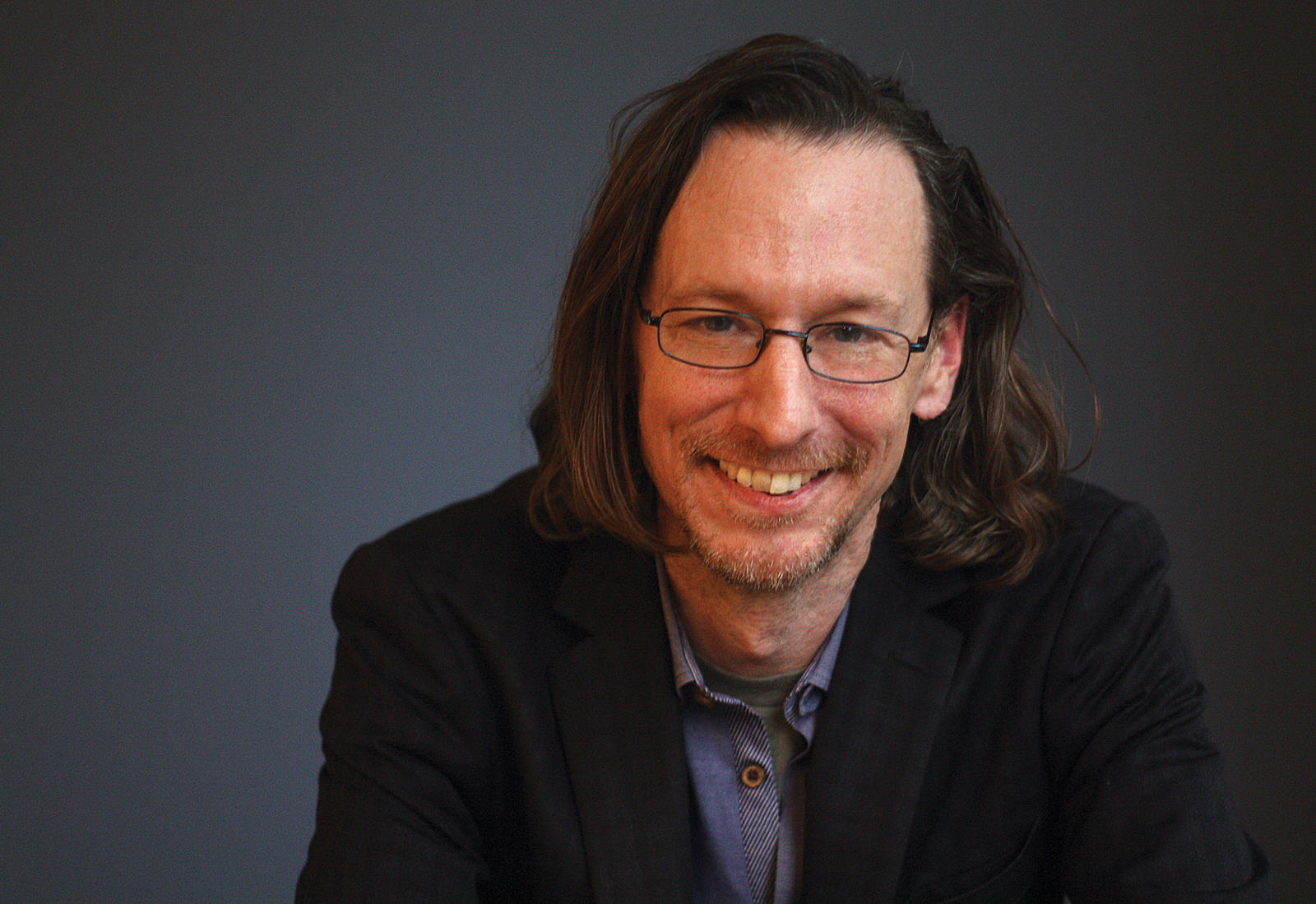A New Book Unpacks the Meaning of the Misplaced Objects We Miss the Most

In an essay about ruining the magic of a long-lost childhood toy by attempting to replace it as an adult, Alex Balk posits that lost things should remain lost: “They might be the best things you can keep, in that way.” Balk’s is one of 50 essays with accompanying full-color illustrations in Rob Walker’s latest book, resultant of his longtime collaboration with his co-author, the semiotician Josh Glenn. Lost Objects: 50 Stories About the Things We Miss and Why They Matter, published in July, is an exploration of meaningful objects that have been lost in some way; the stories range from the melancholic and regretful to humorous and whimsical, and the premise encourages readers to plumb their own pasts for missing items and to examine their meaning.
Walker, BS ’90, is known for his books and newspaper columns on branding, work, creativity, and of course, objects, as featured in Significant Objects, an online project-turned-book of fictional short stories based on quotidian trinkets sourced from secondhand shops and rummage sales. Walker is a journalist and cataloguer of things and their psychology, and all of his work concerning the material is merely a proxy for examining deeper truths, stories of our interiority that disabuse the notion that stuff is a fluffy subject. The Alcalde caught up with Walker to find out how his new book fits into his past work on objects, why people are defensive about their possessions, and how to let go of the things we love.
What inspired and guided you through the process of making this book?
We had a pretty clear vision for what it was going to be based on. We were looking at the general aesthetic of indie press stuff, things like Raw, a comics anthology, and Josh’s prior zine, Hermenaut, then crossmatching with design and art books—Debbie Millman, Michael Bierut to some extent, and Ed Ruscha. We wanted it to be taken seriously as a literary undertaking, but we also wanted to have approachability, almost like a coffee table or even a bathroom book ... kind of in line with what I wanted out of my last book, The Art of Noticing. I wanted it to be visually smart; it can be read in any order that you want, it can be flipped through. We both wanted that approachability factor where you didn’t feel like it was a homework assignment.
This is part of a long, ongoing exploration of objects. How do you feel this project fits into your oeuvre of other object-related books and projects?
Since Significant Objects, in addition to the work that we’ve done, there’s been a lot of other object-ish projects that have come along. People think about objects more than they did. The thing I liked so much about dealing with lost objects, is that it adds another twist—the object’s not there. I’m entranced with the idea that the most meaningful object in your life might be something that’s not there anymore. I felt like it actually could break new ground.
In the introduction, you write that you were guided by “the desire to understand how we make sense of lost things and their enduring grip on us. Why can’t we let these things go?” How would you answer that question?
I encounter people all the time who can’t wait to tell me that they don’t care about objects; there’s more important stuff in life. I have come to see that as some kind of defense mechanism. Everyone wants to align themselves with the idea that they don’t care about objects. I think that’s silly, but I probably used to be the same way. It’s only through years of thinking about it, writing about it, editing about it, teaching about it ... that I got comfortable with the idea.

Could you give an example of that?
My mom is very old now, and people of that age want to give you all the objects from home. She has a lot of ceramic bird sculptures, which are not my aesthetic, but she enjoys them. I remember telling her, “just have them around. Don’t worry about where these things are going to end up after you’re gone. Enjoy them for what they are while you have them.” I think people in general are a bit defensive about their relationship to objects. And I feel like working through this subject over time has made me less defensive about objects. I keep the stuff I keep and I’m not sentimental about stuff that needs to go.
What’s an object you’ve lost?
I lost a camera once, and the images I had taken on this one trip, and I still think about them. There’s just no way to recapture that. If I had thought of that earlier, I might have written about this in the series, because that’s a good lost object. It’s not about—and this is often the case—the physical thing. It’s about something that the physical thing connotes or holds.
[This interview has been edited and condensed.]
CREDIT: Michael Lionstar





